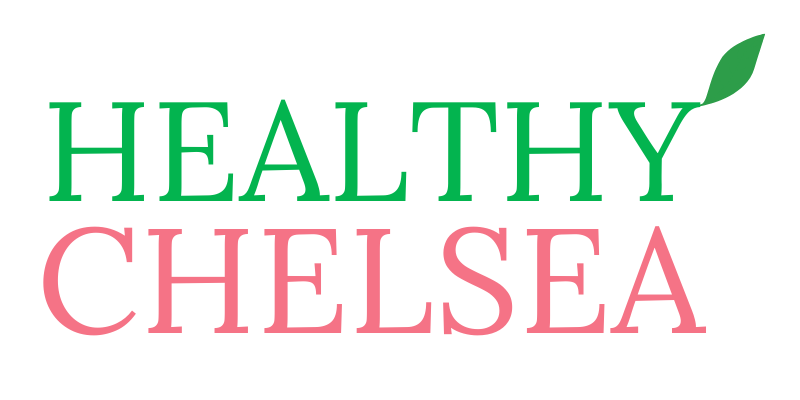Is Soy Safe?
Do you avoid soy because you’ve heard it’s associated with breast cancer?
And what if you’re a man…isn’t soy like estrogen? Meaning you shouldn’t eat it?
Should you limit soy?
If so, how much is too much?
And what kind of soy is better than others?
I get these questions all of the time, so I thought it would be helpful to discuss the science behind soy here.
Here’s what you need to know about soy:
Soy contains compounds called isoflavones.
Isoflavones are also known as phytoestrogens.
Phytoestrogen literally translates to “plant estrogen,” because they bind to the same cell receptors as estrogen does.
The fear of soy may have originated from rodent studies which showed that rodents exposed to high levels of isoflavones had an increased risk of breast cancer.
Doesn’t that show that high levels of soy cause an increased risk of breast cancer?
No.
These rodents were fed VERY high doses of soy
They also process soy differently than humans do
And luckily for us, the same results in those rodent studies have not been shown in human studies
In fact, research studies show that Asian women who consume isoflavone-rich soy, and who ate soy early in life, are less likely to develop breast cancer than those who eat minimal soy.
And eating soy later in life does not appear to have any effect on one’s risk of getting breast cancer.
Other studies show that children and teenagers who consume one serving of soy PER DAY have a 25-50% lower risk of breast cancer later in life.
What about the people who already have breast cancer? Should they eat soy?
The experts at American Cancer Society states:
“In human studies, the estrogen effects of soy seem to either have no effect at all, or to reduce breast cancer risk (especially in Asian countries, where lifelong intake is higher than the US).
This may be because the isoflavones can actually block the more potent natural estrogens in the blood.”
So…soy is safe?
Yes!
Research and clinical studies show that the isoflavones in soy do not affect the estrogen levels in women (and can actually help reduce hot flashes by 50%)
And the isoflavones in soy do not affect the testosterone levels in men…or their sperm
How much soy should I have?
A healthy amount of soy is based on the intake of Japanese adults, who eat 1-2 servings of soy per day.
What are the best soy foods to eat?
The best sources of soy are soybeans, tofu, edamame, and soymilk.
More processed soy foods, like fake meats, imitation chicken, and soy cheeses, are high in salt and sugar.
Like all lessons around nutritious and health-promoting food, the closer to nature the food is, the better.
In SUMMARY:
Soy is safe!
Soybeans, tofu, edamame, and soymilk (i.e. the minimally processed sources of soy) are best because they are not loaded with sugar and salt (but always read the ingredient list and nutrition label to make sure).
If you love this content, you’ll love my FREE guide, 7 Smart Strategies to Instantly Boost Your Energy and Focus!
Why?
As a business leader or parent, you put everyone’s needs above yourself.
The only problem is this leaves you feeling drained, burnt out, and running on empty.
You want to feel more focused, clear, and productive to better serve your family and your business!
In this FREE guide, I share with you the key reasons you’re struggling with low energy (they may surprise you!) and 7 easy strategies you can use immediately to instantly boost your energy and focus!




